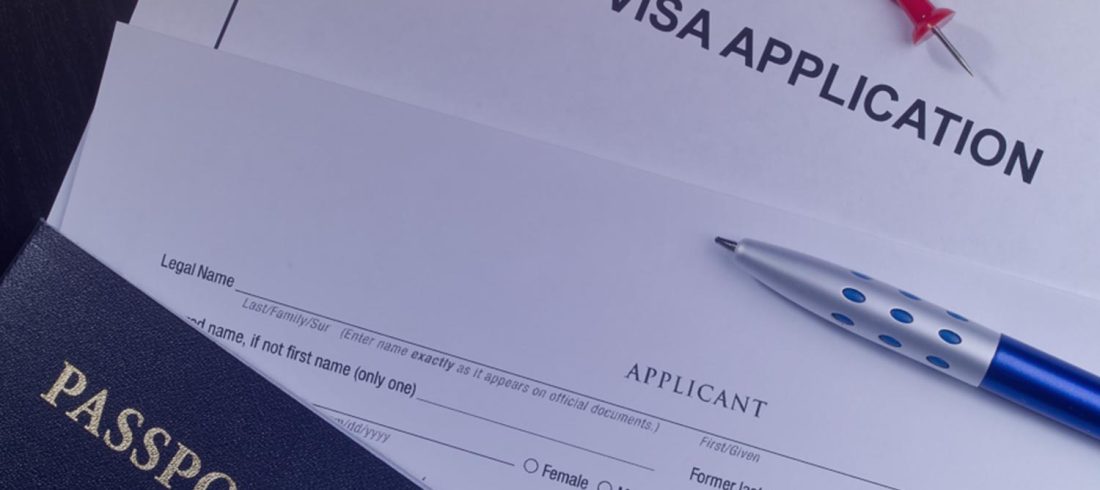Introduction
A trust is a legal arrangement in which an owner of a property commonly referred to as a settlor transfers legal ownership of that property to another person known as a trustee. Under such an arrangement, the trustee will be responsible for the management and control of the trust property for the benefit of the settlor’s intended beneficiaries. Trusts can be created by personal acts of the settlor, an order of a court or by operation of the law.
Section 1A of the Trustees Incorporation Act, Chapter 318, Revised Edition of 2002 as amended by the Written Laws (Miscellaneous Amendments) (No. 3) Act of 2019 (hereinafter referred to as “the Act”) excludes the following entities from being registered as trusts, that is, Non-Governmental Organizations (NGOs), Companies, Civil Societies, Labour Trade Unions, Agricultural Associations, Political Parties, Sports Associations, Microfinance Groups (VICOBA), Corporative Societies and any entity that the Minister responsible for Legal Affairs may declare not to be a Trust.
Procedures for Incorporating a Trust
Trusts are regulated by the Registration Insolvency and Trusteeship Agency (RITA). The process commences with the submission of a formal request to the Administrator General seeking incorporation as a body corporate. This involves completing application form number (TI.1) and remitting an incorporation fee of Two Hundred Thousand Tanzanian Shillings (TZS 200,000/=), along with the following documents: –
- copy of the Constitution and the rules of the body or association;
- trustees’ particulars including the Curriculum Vitae and passport size of intended trustee(s) together with Identity Cards for each trustee(s); and
- recommendation letter from the Ward Executive Officer, District Commissioner Officer and the Local Government in which the intended body corporate has its offices.
Secondly, the Administrator General may require the furnishing of an oath or any other document that will stand as evidence for verification of the statements and particulars in the application.
Taxation of a Trust
If a trust originates from a resident in Tanzania, the distributions of the trust assets to its beneficiaries are exempted from income tax, that is, the beneficiary does not have to include the distribution in their income. However, if a trust is not resident in Tanzania, the beneficiary must include the distribution from a trust as part of his/her/its income as prescribed under section 52(2) of the Income Tax Act, Chapter 332, of the laws of the United Republic of Tanzania which reads: –
Distributions –
(a) of a resident trust or unit trust shall be exempt in the hands of the trust’s beneficiaries; and
(b) of a non-resident trust or unit trust shall be included in calculating the income of the trust’s beneficiaries.
THE FOLLOWING ARE THE PROCEDURES FOR TRUST REGISTRATION IN TANZANIA:
Trustees Incorporation:
- Submit Application Form TI .1 along with Annexure “A”.
- Attach the Trust Deed Constitution of the body seeking incorporation.
- Provide a passport-size photo of the proposed trustees.
- Obtain a Recommendation Letter from the District Commissioner Office of the district where the intended body corporate has its headquarters.
- If applicable, obtain recommendation letters from relevant sectoral government institutions or supreme religious institutions (for religious organizations).
- Pay the appropriate fee (current fee rate: Tshs 200,000/=).
These procedures are subject to change, so it’s essential to verify the most up-to-date information from the relevant authorities before any new application.
For any inquiries please get in touch.
Written by: FATMA JERECKO







